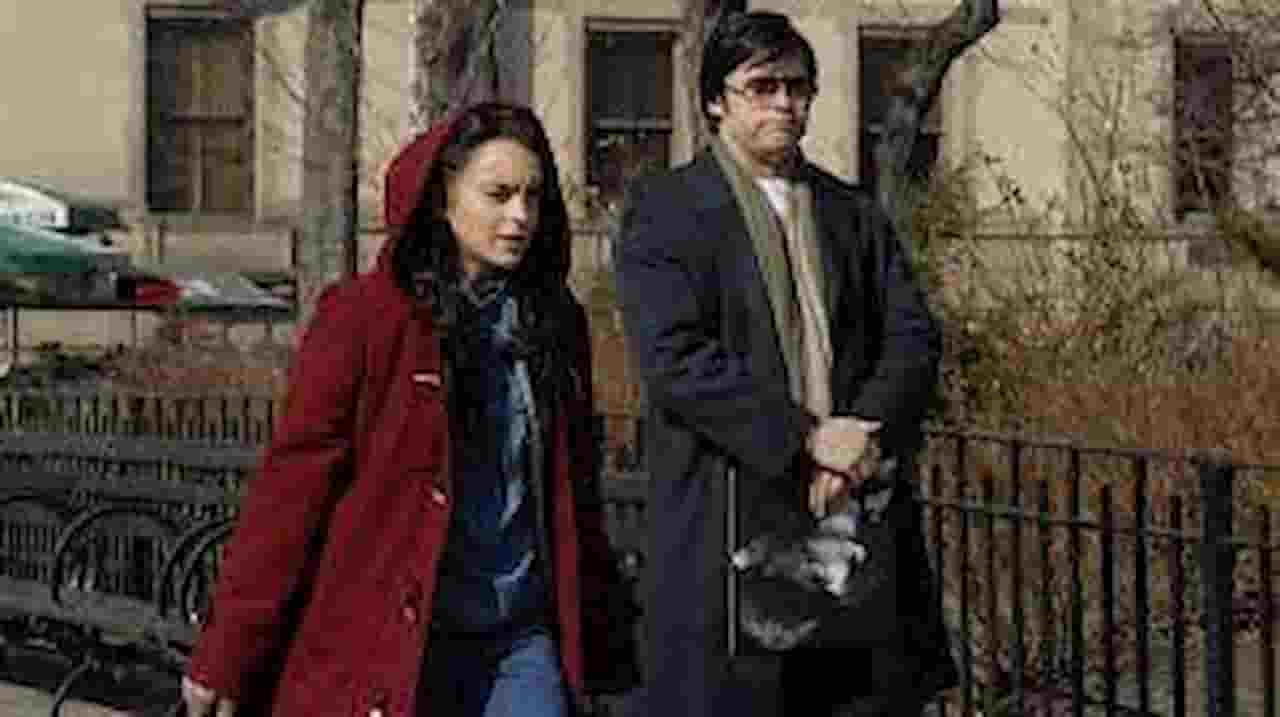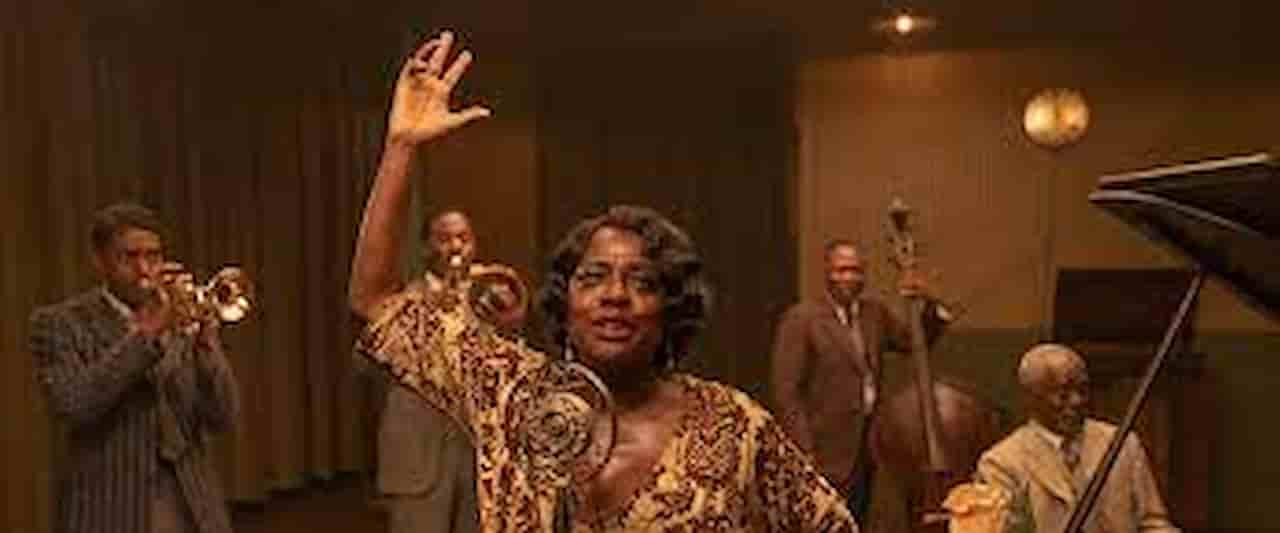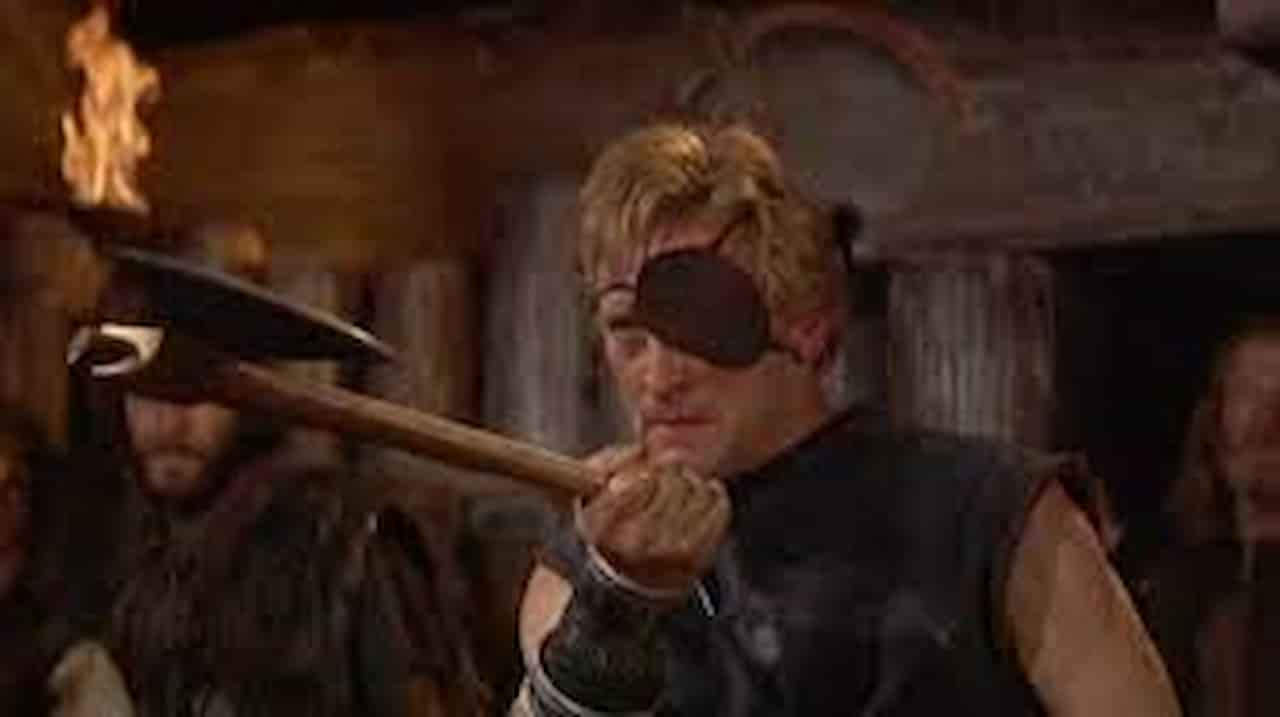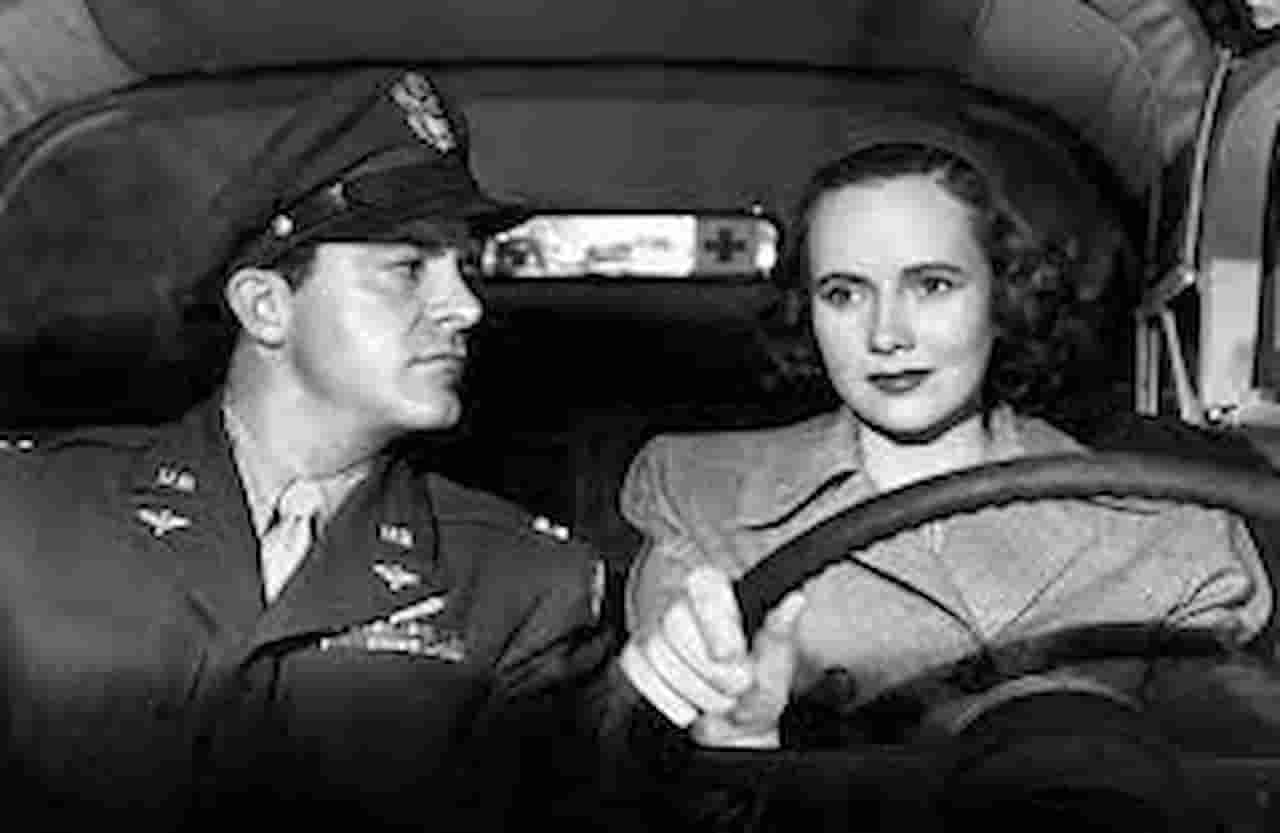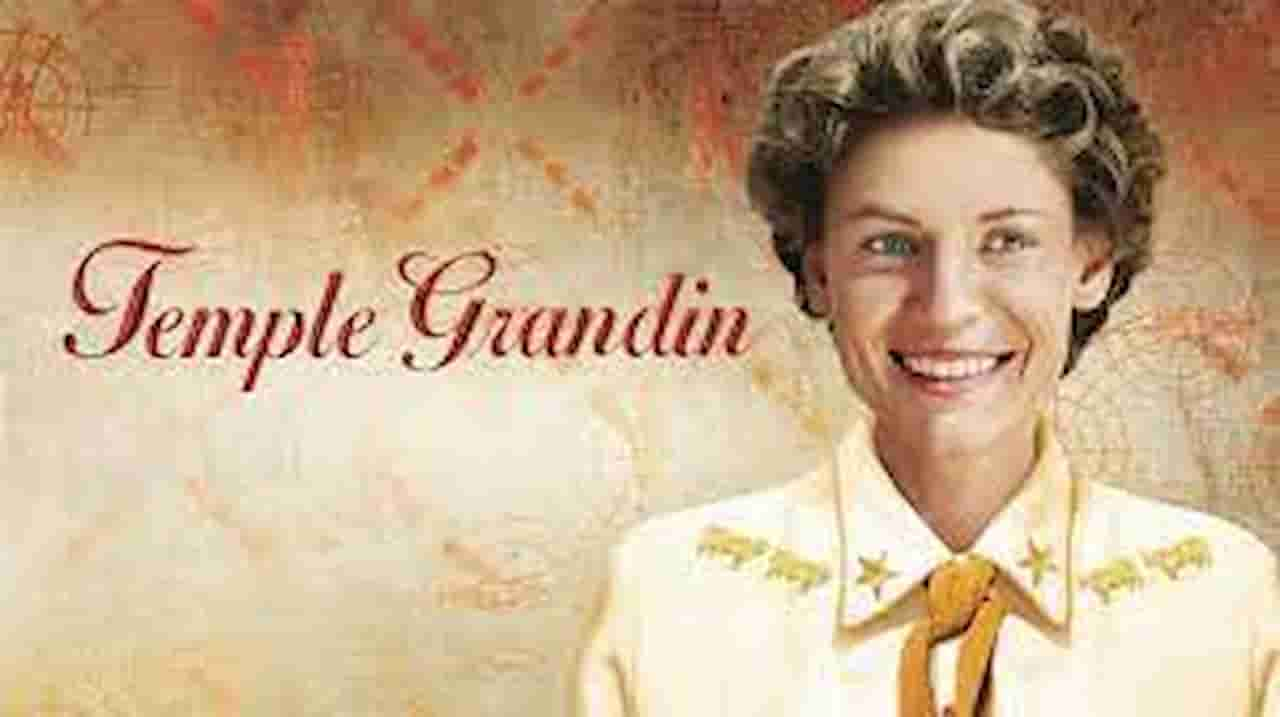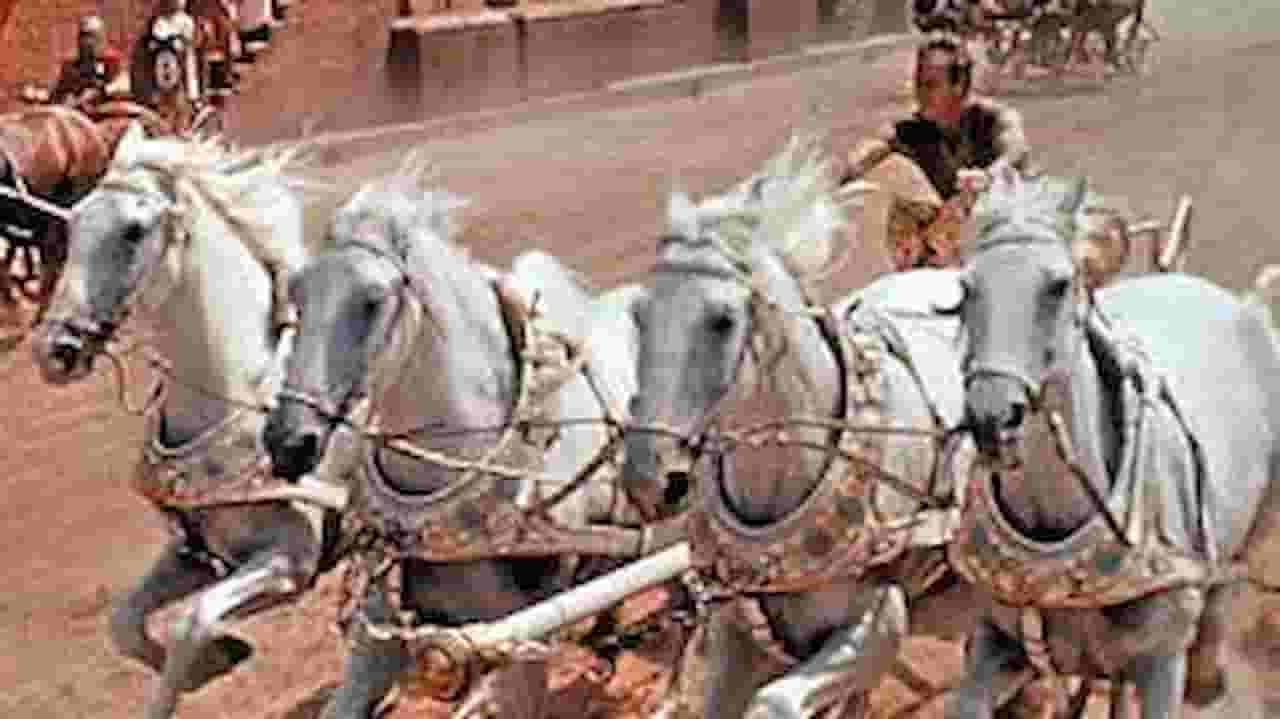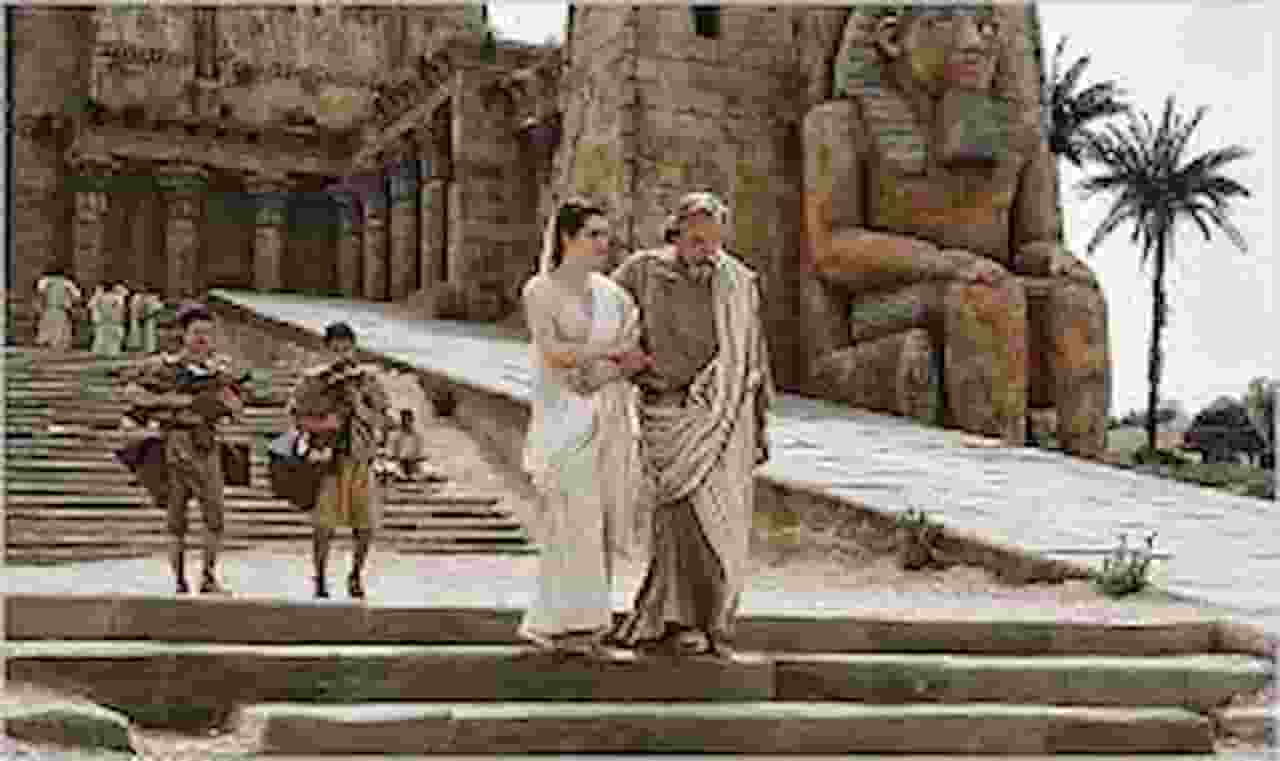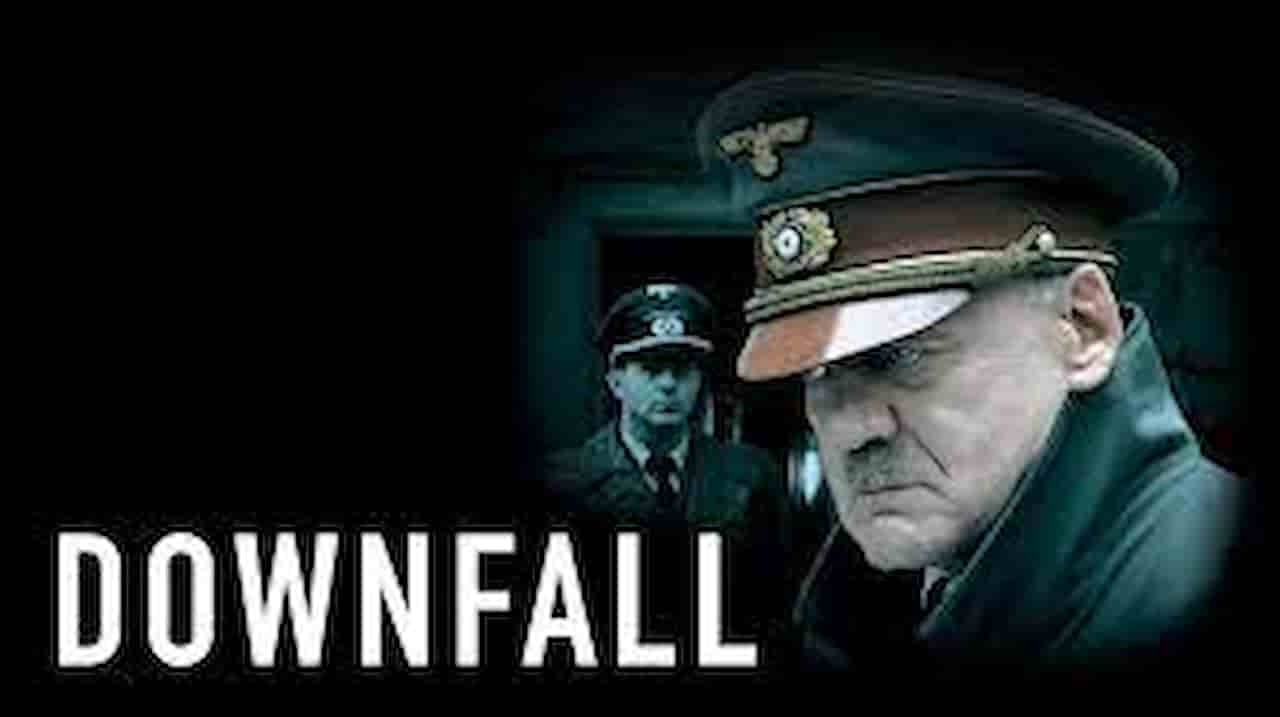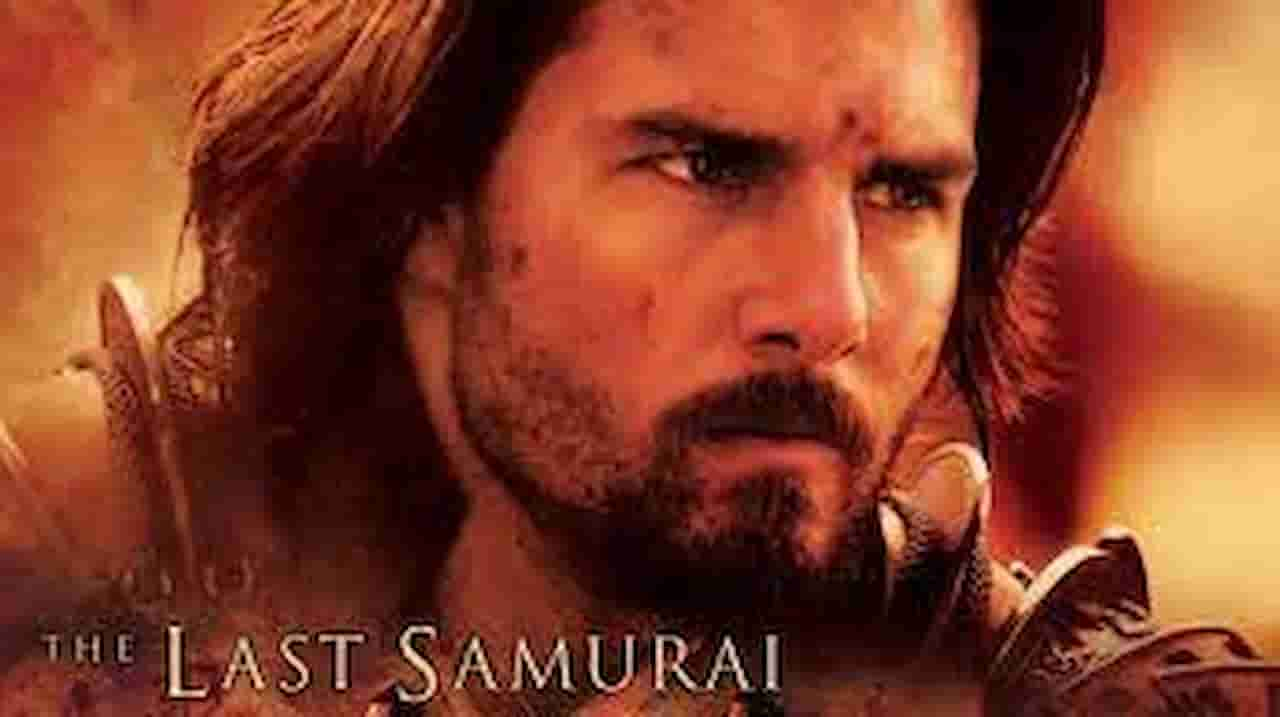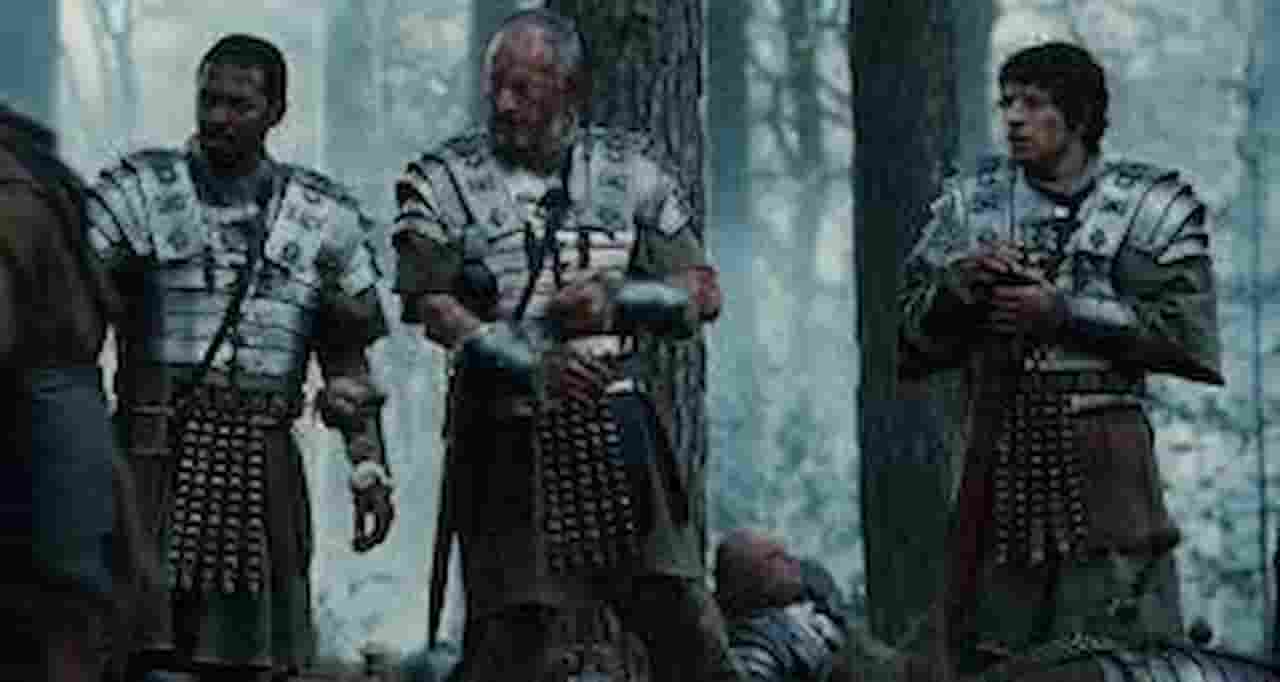Here Are 15 Great Historical Movies You Can Watch Right Now:
Some books, TV shows, and movies have stories that are so amazing, impossible, or moving that it could be shocking to learn that they are based on real events and people.
You won’t believe this, but historical drama was one of the best types of movies ever made. The strong characters, scenes that seem out of this world, and intense action scenes are not only visually appealing, but they also leave a lasting effect on viewers.
That’s why most great history movies continue to be remembered for years after their release. Historical pictures have come a long way, with some award-winning, beautiful works along the way, from Cabiria by Giovanni Pastrone in 1914 to The Northman by Robert Eggers in 2022.
Significant, sad, or revolutionary events in human history influenced many of the most popular movies. And as long as people exist, so will their journey.
So far, The Northman is one of the greatest films of 2022 and one of the greatest historical films of all time. Like some of its famous predecessors, The Viking Tale is a stunning work of writing that is well put together.
Old movies about the past usually took place in Rome and always featured well-known historical figures. As movies have grown since then, they have shown more of the old world in jokes, war stories, and serious plays.
Chapter 27:
It’s hard to say for sure if a movie that looks into the troubled mind of a killer is 100% correct, but Chapter 27 may be the most in-depth look at the killing of John Lennon.
The movie recreates the week before John Lennon was killed and almost everything he did in New York City within December 1980. Jared Leto plays the major part of Mark David Chapman. Of course, the movie was uncomfortable to view, but that’s kind of the point.
Everything about seeing Chapman talk to other Beatles fans as well as just meet a kid within Central Park is creepy, even before he draws the gun. There isn’t much in the movie that helps you understand Chapman or his reasons, but it does show in great detail what happened before the murder that stunned the world.
Ma Rainey’s Black Bottom:
George C. Wolfe’s 1927 drama set in Chicago shows the “Mother of Blues” and her band recording a tragic song. It is the most exciting and fully realized movie adaptation of an August Wilson play to date. Viola Davis and the late Chadwick Boseman’s great work mostly overshadows the movie’s short-lived stage problems.
The unbeatable performers drive home Wilson’s themes of race, faith, abuse, and the truth of the American Dream. The way Boseman plays the driven and haunted trumpet player Levee gives this performance the weight of a great tragedy.
The Vikings:
The Vikings came out with their swashbucklers, boots, furs, and axes at a time when history movies were mostly about kings and princes with swords and leather clothes.
This epic movie tells the stories of Viking hero Ragnar Lodbrok and his kids. It is based on Edison Marshall’s 1951 book The Viking. Einar, a Viking prince, and Eric, his half-brother and a former slave, are in a fight for the throne of Northumbria.
But their feud is more about Princess Morgana, whom they both like. In The Vikings, which was directed by Richard Fleischer, Kirk Douglas plays Einar, Tony Curtis plays Eric, and Janet Leigh plays Morgana, among other roles.
This movie is still a standard for many period films because of its great cinematography, Orson Welles’s narration, and the classic Viking war scenes.
Confucius:
Although this movie is intended to be a biography, it moves a little slowly; however, the story remains interesting. Within the 5th century BCE, it starts with Confucius as a young man, an educator, a husband, as well as a philosopher. It then jumps back to him in his later years, when he is in exile.
Some people still said that the movie romanticized the main character’s life by adding more action scenes as well as stories about his time in the service, which wasn’t true to history but is common in current versions.
To bring the historical person to life, Yun-Fat Chow gives the social system a human face. Most of Asia would eventually adopt this system. Other historical figures, such as Laozi, the founder of Taoism, also show up.
The Best Years Of Our Lives:
The Best Years of Our Lives was an amazing movie that came out a year after the war ended. It’s about three soldiers who come home to find that their families have changed forever. This nearly three-hour work of art by William Wyler was both current and timeless.
It had a smart story and a lot of emotional depth. The movie received seven Academy Awards, including Best Picture. Additionally, Harold Russell received an honorary Oscar for instilling hope and courage in his fellow soldiers.
Lincoln:
Steven Spielberg’s biopic of President Abraham Lincoln isn’t like most biopics because it doesn’t look at the man’s whole life. Instead, it focuses on one important part of his presidency: getting the amendment passed that ended slavery in the US.
It talks about the politics and deals that were made behind the scenes to make sure that this significant event in history happened. Additionally, Lincoln is portrayed as a speaker and a complex leader with justifications for ending slavery that were not as strong as those of some others.
Daniel Day-Lewis plays Lincoln as a tired but determined leader who carries the weight of the country on his shoulders as he fights to keep the 13th Amendment as well as his Emancipation Proclamation from falling apart after the Civil War. The movie is not only powerful, but it also makes you feel things.
Temple Grandin:
Claire Danes looks stunning as the title character in one of the most praised TV movies of the last ten years or so. The character fights for autism recognition and the decent treatment of farm animals.
Temple Grandin, an HBO show, got seven Emmys, and Danes won one for acting. Make sure to check for a pulse if this victory doesn’t make you cry.
Ben Hur:
With a record 11 Academy Awards and great reviews from both fans and reviewers, Ben-Hur is more than just a movie. It’s a show that has been around for decades. The movie was a remake of the same-named silent movie, which was based on Lew Wallace’s 1880 book Ben-Hur A Tale of the Christ.
Judah Ben-Hur, a wealthy Jewish prince of Judaea, is captured and sold into slavery by a Roman emperor who was once his childhood friend. Ben-Hur’s family suffered a brutal death, but he survives and vows to seek revenge.
Charlton Heston plays the title role in the Christian epic movie directed by William Wyler. For his career-defining performance, Heston won the Academy Award for Best Actor of the Year.
Ben-Hur is one of the best movies ever made in Hollywood history. It has over 15,000 extras, an epic chariot race scene, as well as a crushing sea fight scene.
Agora:
Agora doesn’t just show specific parts of the old city of Alexandria, like churches and government buildings; it also shows how people lived and what the political situation was like at the time.
The story is about Hypatia of Alexandria as well as her students. One is a slave who thinks that Christianity will free him, and the other is someone who is against the Bishop of Alexandria.
This movie didn’t get a lot of attention in North America because it showed the early church as well as its followers in a way that wasn’t very positive, but it was true. On the contrary, the movie cleans up the horrible murder of Hypatia.
The Bridge On The River Kwai:
Sir Alec Guinness played Colonel Nicholson, a British POW, in this masterpiece WWII film, long before he fought Darth Vader in Star Wars. Colonel Nicholson and his unit receive orders to construct a railway bridge across the River Kwai in controlled Burma, while Allied forces aim to demolish it.
The movie is great in every way. It explores the complicated parts of war and ends with a big, exciting scene that can compete with modern action movies. David Lean is known as the “king” of historical epics from the 20th century, but “The Bridge on the River Kwai” was his first movie in this style and set the stage for his career.
Downfall:
Downfall serves as a great character study, accurately portraying Adolf Hitler’s last days during the Battle of Berlin within the fall of WWII, despite being the source of many jokes.
The movie shows what life was like inside Hitler’s “Wolf’s Den” as Germany lost the war. The movie shows many interesting and rarely shown sides of the famous historical figure, such as his severe fears and health problems.
Hitler was such a disgusting person in real life that movies often feel compelled to make him and his evil seem inhuman or even comical. Even though the Fuhrer isn’t a likable or heroic figure in this movie, the fact that he’s the main character instead of a normal Nazi leader or an over-the-top parody is still pretty amazing.
Milk:
Harvey Milk was the first openly gay person to be chosen for public office in California. Gus Van Sant’s historical drama about Milk gives Sean Penn one of his best performances.
Milk was up for two Oscars, one of which was for Best Picture. Penn got his second award for Best Actor, and our writer, Dustin Lance Black, won for his original script.
The Last Samurai:
This action-drama set in the past is about how history and modernity clash in two entirely distinct cultures. The Last Samurai takes place in Japan in the 1800s and follows Nathan Algren, a former soldier who struggles to overcome the traumas of war.
The new ruler of Japan has sent him to teach an army to put down a revolt. But his goal turns into a journey of changing and learning about himself, which gives him a purpose he didn’t expect. The Last Samurai was a beautifully made movie with award-winning performances by Tom Cruise as well as Ken Watanabe.
It has fancy sets and outfits and is one of Cruise’s best movies. In The Last Samurai, which was directed by Edward Zwick, Timothy Spall, Billy Connolly, Tony Goldwyn, Hiroyuki Sanada, Koyuki, and Shin Koyamada all play different parts.
Centurion:
It’s not clear why Hollywood became so interested in the puzzle of what happened to the 9th Spanish Legion within 177 CE, but they made a few movies regarding it, and this was one of the best.
According to legend, a whole Roman army marched north to teach the annoying Picts a lesson but vanished without a trace. Most of them were killed by a rebel attack, leaving the survivors to fight for their lives in the cold northern woods.
The movie dramatizes real events, but it is true to some extent in that it shows some of the crueler, stranger, and more shady things the Roman army did when they invaded.
This covers their plan to totally wipe out the Picts and take over the whole island of Britain. However, after losing an entire army that was almost completely wiped out, the Empire’s interest in the plan to take over northern Britain waned.
Oppenheimer:
Despite being his longest film, “The Dark Knight” is well worth the three hours you spend watching it. Nolan intertwines two stories the history of J. Robert Oppenheimer, known as the “father of the atomic bomb” and a hero in World War II, and his subsequent political challenges, stemming from enemies seeking control over the country’s nuclear policy post-war.
The movie Oppenheimer uses color as well as point of view to keep viewers grounded, even as it jumps around in time and point of view. It is a demanding movie that needs your full attention.
Oppenheimer doesn’t make science fun, yet it does find ways to show the mental as well as moral journey that went into making the first atomic bomb. It has a large cast of well-known actors playing true historical figures.


